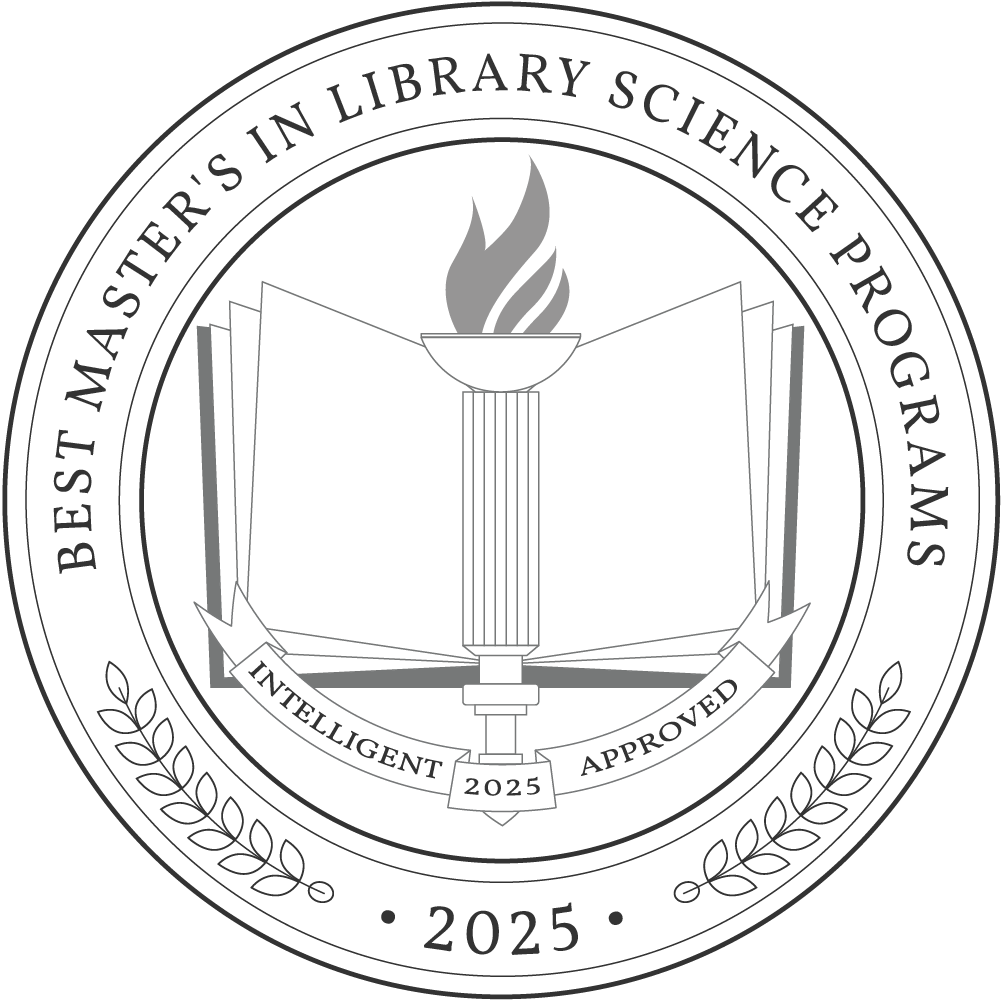For students aiming to become librarians, mastering the requisite research and writing skills with a Master of Library Science (MLS) degree program is essential. Many MLS degree programs welcome candidates from diverse undergraduate backgrounds, providing them with the professional abilities to thrive as librarians in many different settings.On average, librarians earned a median salary of $64,370 in 2023, but those who delve into specializations can expect higher wages, with the top 10% earning over $101,970 the same year.
The academic journey to this rewarding career typically spans about two years for a full-time student, with the average cost of these programs being $19,749.
Why Trust Us
The Intelligent.com Higher Education Team is dedicated to providing students with independent, equitable school and program rankings and well-researched resources. Our expert-driven articles cover topics related to online colleges and programs, paying for school, and career outlooks. We use data from the U.S. Department of Education’s College Scorecard, the National Center for Education Statistics, and other reputable educational and professional organizations. Our academic advisory team reviews content and verifies accuracy throughout the year for the most current information. Partnerships do not influence rankings or editorial decisions.
- Analyzed over 2,000 national, accredited, and nonprofit colleges and universities
- 800+ rankings pages are reviewed and updated yearly
- Content is informed by reputable sources, surveys, and interviews with academic advisors and other experts
- Over 100 data points are reviewed for accuracy and quality throughout the year, including sources
How we rank schools
Our list features the best Library Science degree programs at top colleges nationwide. Each school featured is a nonprofit, accredited institution — either public or private — with a high standard of academic quality for post-secondary institutions.
We evaluated each school’s program on tuition costs, admission, retention and graduation rates, faculty, reputation, and the student resources provided for online students. We collected data from trusted sources like the National Center for Education Statistics, individual school and program websites, school admissions counselors, and other data sources. Then, we calculated the Intelligent Score on a scale of 0 to 100 based on the following criterion:
Academic Quality:
- Admission rate versus enrollment rate
- Retention rate of students who return after year one
- Accreditation status (regional and programmatic)
- Nonprofit status, both private and public institutions
Graduation Rate
- Overall graduation rate
- Total number of currently enrolled students, including diversity metrics
- Student-to-faculty ratio
Cost and ROI
- In-state and out-of-state per-credit tuition rates and fees
- Required credits to graduate
- Earning potential after graduation
- Availability of federal student loans, scholarships, and other financial aid options
Student Resources
- Available student services for online-only and hybrid programs
- On-campus amenities like tutoring centers and the number of libraries
Read more about our ranking methodology.
Best 29 Accredited Master’s in Library Science Programs
FiltersInstitution Type
Status
- Intelligent Score
- Alphabetically By University Name
- Acceptance Rate
- Enrollment
- In-state Graduate Tuition
- Out-of-state Graduate Tuition
- In-state Undergraduate Tuition
- Out-of-state Undergraduate Tuition

University of Illinois Urbana-Champaign
Intelligent Score: 99.93In-state: $14,317
Out-of-state: $33,824
In-state: $15,016
Out-of-state: $15,016
SAT: 1200-1460
ACT: 27-33
Resident: $728
Non-Resident: $1,349
On-Campus, Online
American Library Association
40

The University of North Carolina at Chapel Hill
Intelligent Score: 97.85In-state: $7,019
Out-of-state: $34,198
In-state: $10,552
Out-of-state: $10,552
SAT: 1280-1490
ACT: 28-33
Resident: $586
Non-Resident: $1,602
On-Campus
American Library Association
48
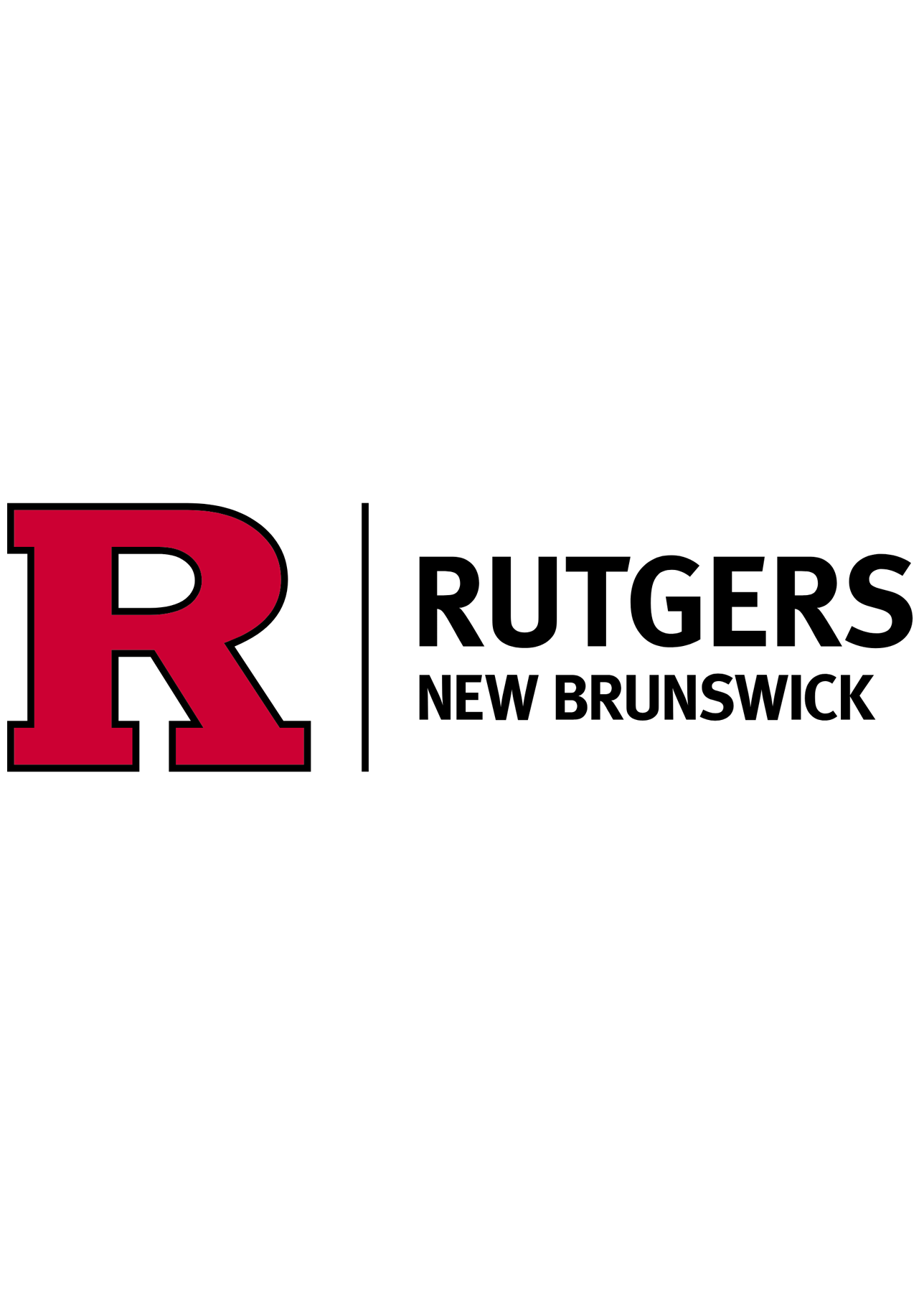
Rutgers University
Intelligent Score: 95.58In-state: $12,230
Out-of-state: $29,012
In-state: $17,736
Out-of-state: $17,736
SAT: 1180-1410
ACT: 25-32
Resident: $894
Non-Resident: $1,414
On-Campus
American Library Association
36

University of Maryland
Intelligent Score: 95.21In-state: $8,824
Out-of-state: $34,936
In-state: $13,158
Out-of-state: $13,158
SAT: 1270-1480
ACT: 30-34
In-state: $828
Out-of-State: $1,805
On-Campus, Online
American Library Association
36
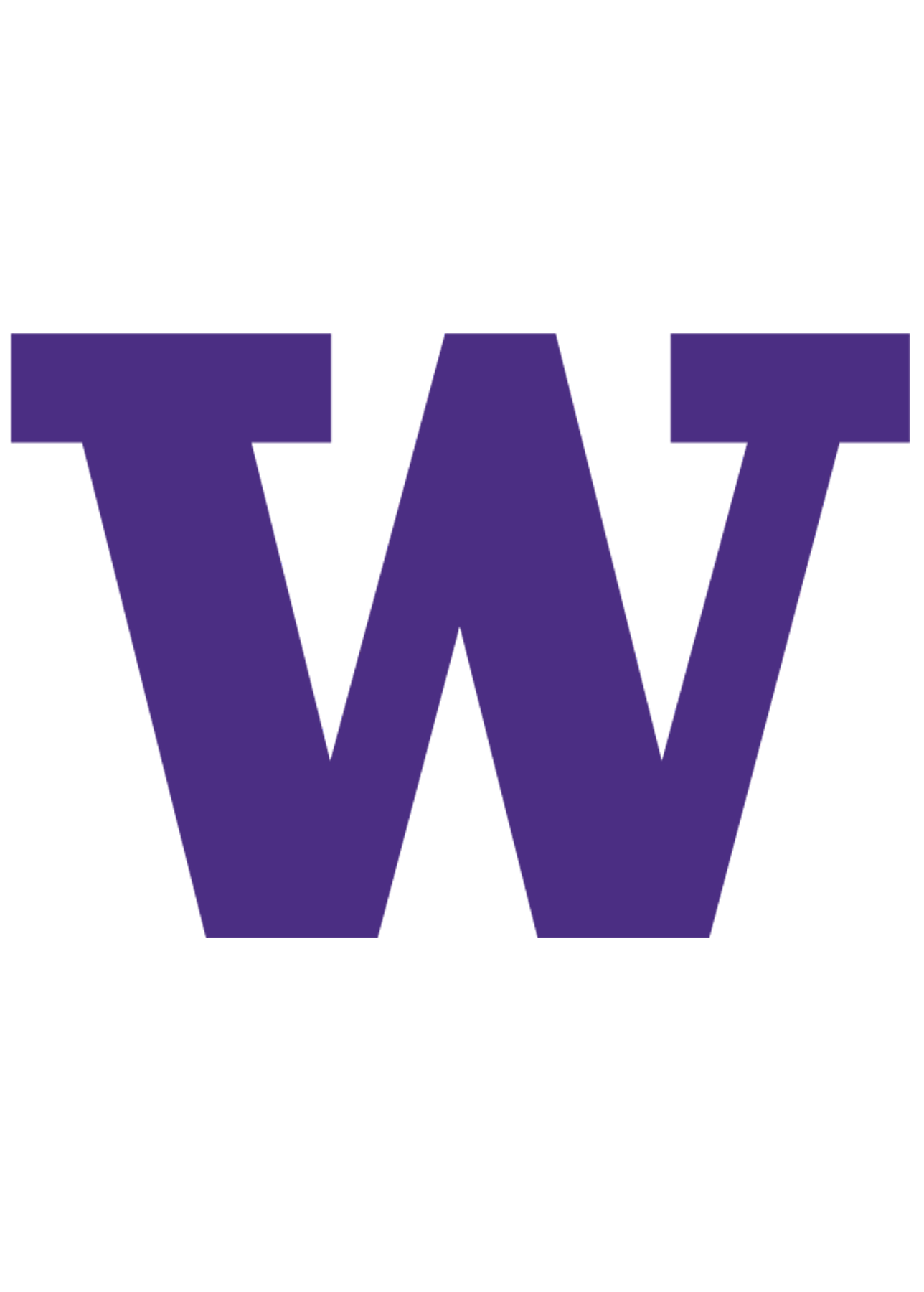
University of Washington
Intelligent Score: 94.43In-state: $10,629
Out-of-state: $37,998
In-state: $16,278
Out-of-state: $16,278
SAT: 1200-1453
ACT: 27-33
$889
On-Campus, Online
American Library Association
63

University of California, Los Angeles
Intelligent Score: 94.04In-state: $11,442
Out-of-state: $41,196
In-state: $11,442
Out-of-state: $11,442
SAT: 1310-1530
ACT: 30-35
Resident: $511
Non-Resident: $1,140
On-Campus
American Library Association
48

University of Wisconsin–Madison
Intelligent Score: 93.99In-state: $9,273
Out-of-state: $37,161
In-state: $10,728
Out-of-state: $10,728
SAT: 1260-1460
ACT: 27-32
Resident: $782
Non-Resident: $1,615
On-Campus, Online
American Library Association
36
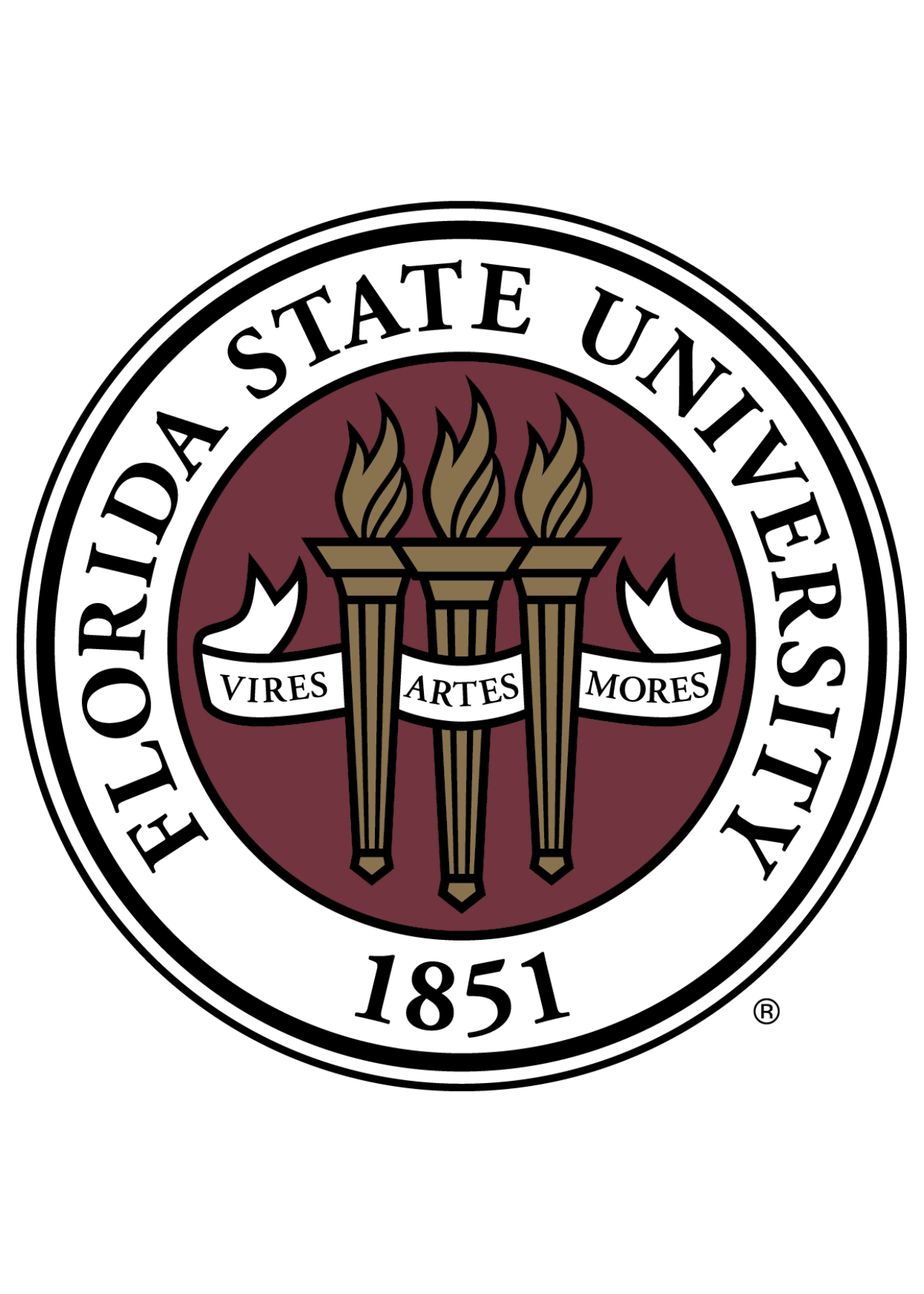
Florida State University
Intelligent Score: 90.24In-state: $4,640
Out-of-state: $19,084
In-state: $9,684
Out-of-state: $9,684
SAT: 1220-1350
ACT: 27-31
Resident: $509
Non-Resident: $1,140
On-Campus
American Library Association
36

University of Michigan
Intelligent Score: 89.80In-state: $16,520
Out-of-state: $53,669
In-state: $24,344
Out-of-state: $24,344
SAT: 1340-1520
ACT: 31-34
Resident: $1,862
Non-Resident: $3,391
On-Campus
American Library Association
48

Indiana University Bloomington
Intelligent Score: 89.12In-state: $9,815
Out-of-state: $36,194
In-state: $9,786
Out-of-state: $9,786
SAT: 1120-1350
ACT: 24-31
Resident: $598
Non-Resident: $1,708
On-Campus
American Library Association
36
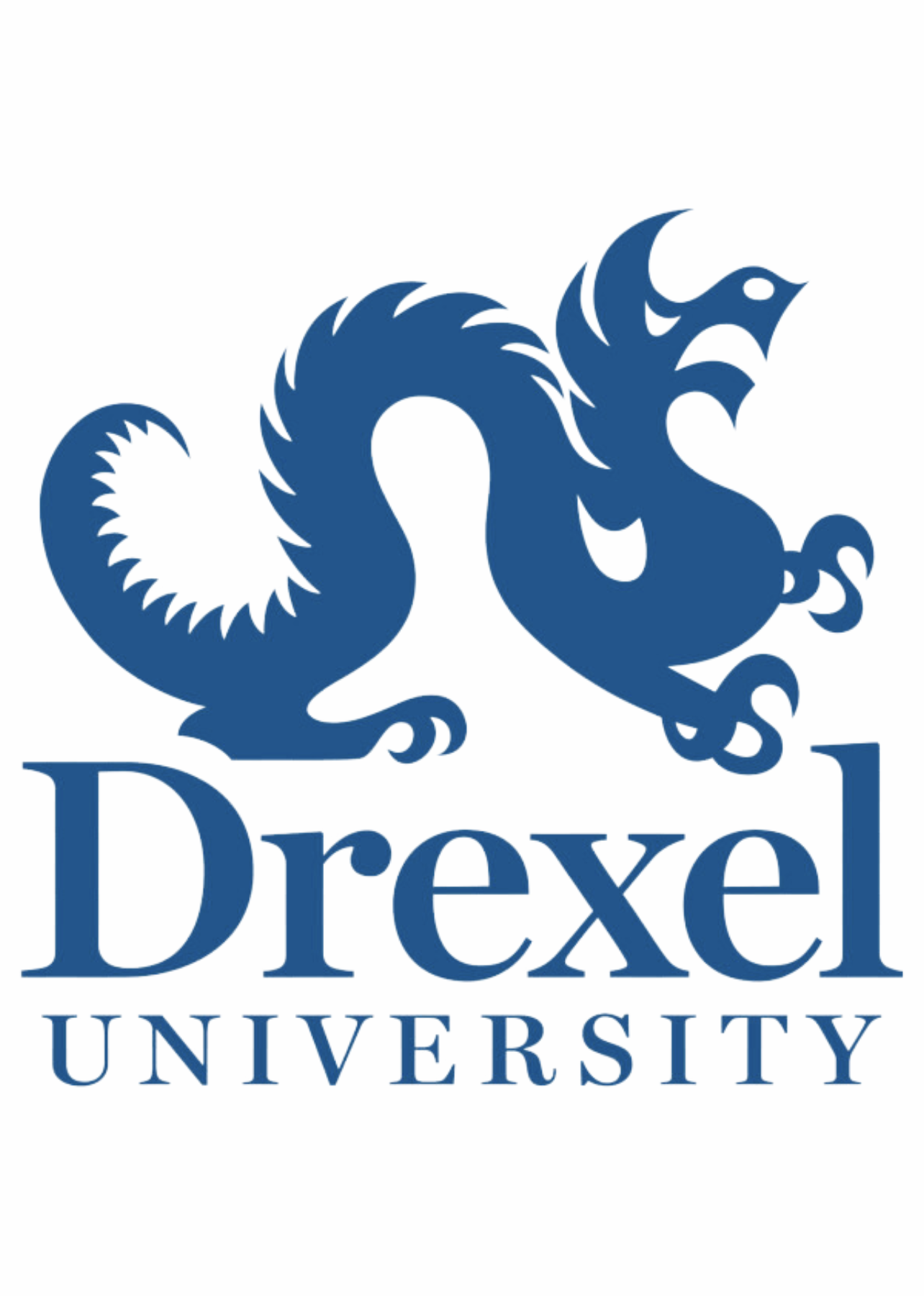
Drexel University
Intelligent Score: 89.10In-state: $53,868
Out-of-state: $53,868
In-state: $36,234
Out-of-state: $36,234
SAT: 1180-1380
ACT: 25-31
$1,382
On-Campus, Online
American Library Association
45
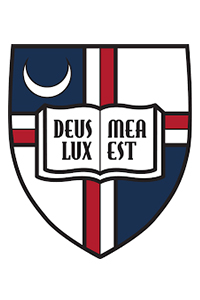
The Catholic University of America
Intelligent Score: 88.10In-state: $82,672
Out-of-state: $82,672
In-state: $79,290
Out-of-state: $79,290
SAT: 1110-1340
ACT: 22-29
$1,350
On-Campus
American Library Association
36

The University of Alabama
Intelligent Score: 87.84In-state: $10,780
Out-of-state: $30,250
In-state: $10,780
Out-of-state: $10,780
SAT: 1070-1330
ACT: 23-31
Resident: $635
Non-Resident: $1,660
On-Campus, Online
American Library Association
36

Syracuse University
Intelligent Score: 85.27In-state: $53,432
Out-of-state: $53,432
In-state: $40,392
Out-of-state: $40,392
SAT: N/A
ACT: N/A
$1,872
On-Campus, Online
American Library Association
36
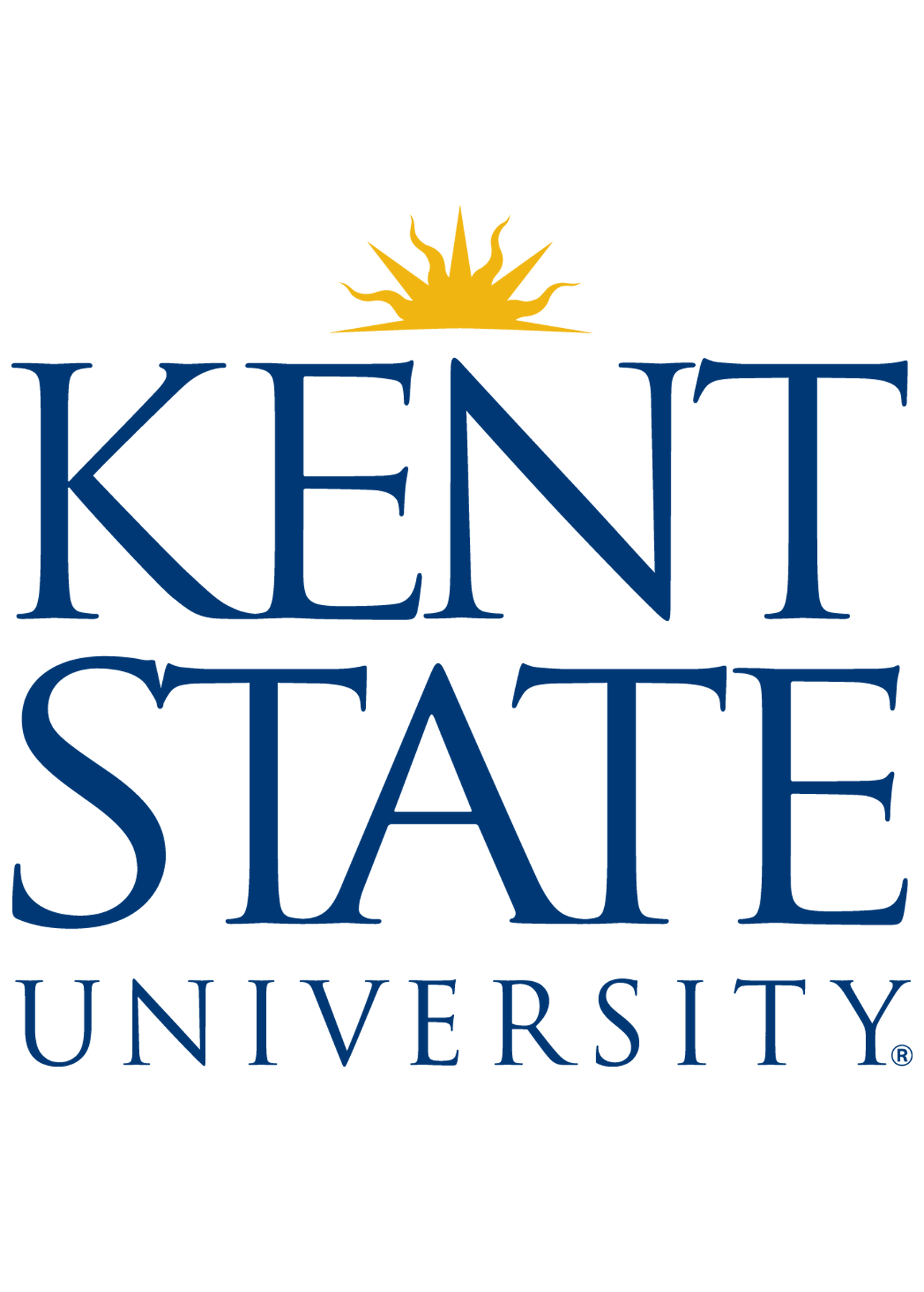
Kent State University
Intelligent Score: 84.19In-state: $10,810
Out-of-state: $19,686
In-state: $11,766
Out-of-state: $11,766
SAT: 1020-1210
ACT: 20-26
Resident: $1,143
Non-Resident: $2,131
On-Campus, Online
American Library Association
37

University of Arizona
Intelligent Score: 83.38In-state: $10,990
Out-of-state: $33,273
In-state: $11,938
Out-of-state: $11,938
SAT: 1090-1350
ACT: 21-29
In-state: $908
Out-of-State: $1,793
On-Campus, Online
American Library Association
37
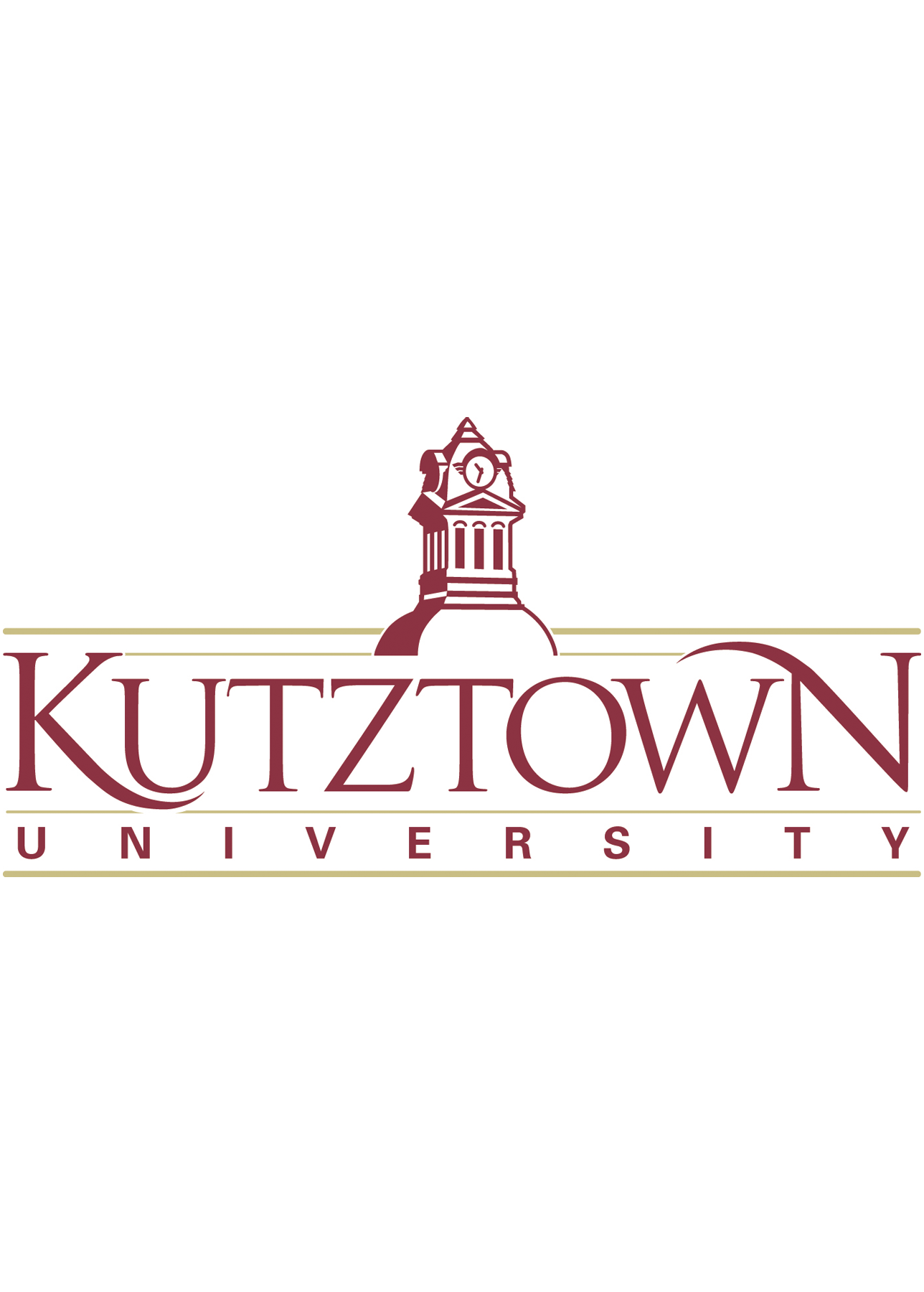
Kutztown University of Pennsylvania
Intelligent Score: 81.42In-state: $7,716
Out-of-state: $11,574
In-state: $9,288
Out-of-state: $9,288
SAT: 950-1120
ACT: 17-24
Resident: $516
Non-Resident: $774
On-Campus, Online
Council for the Accreditation of Educator Preparation
36

University of Wisconsin-Milwaukee
Intelligent Score: 81.34In-state: $9,273
Out-of-state: $37,161
In-state: $10,728
Out-of-state: $10,728
SAT: 1260-1460
ACT: 27-32
Resident: $693
Non-Resident: $1,533
Hybrid, Online
American Library Association
36
How to Choose a Master’s in Library Science Program
Choose your area of study
When choosing a program for your master’s in library science, it’s important to first reflect on your intended area of study, as this will guide your future research. Specialization options will vary depending on the institution but may include archival studies, ideal for those interested in preserving historical documents; information technology, suited for students keen on managing digital information systems; or school librarianship, intended for those wanting to work in educational settings.
Research schools and programs
Once you’ve chosen your specialization, you can tailor your research by asking questions like:
- How relevant is the program’s curriculum to my area of study?
- Are their specific resources related to my specialization?
- How does the program support career placement in my chosen field?
- What practical experiences, like internships, does the program offer?
By exploring these questions, you can assess how well a program suits your career objectives. Information about these programs can be found on university websites, in information sessions, or by speaking with an admissions counselor.
Prepare for tests and applications
Now that you’ve identified your target schools, early preparation is crucial for a smooth application process. Start by securing transcripts and letters of recommendation early, as these can take time to gather. Be sure to allow sufficient time to write your personal statement, which often takes longer than many students expect. For programs requiring GRE scores, enroll in a test prep course well in advance to ensure you’re adequately prepared.
Select your program
The arrival of acceptance letters is often an exciting time, but it can quickly become overwhelming if you receive more than one. You can make this decision easier by revisiting your initial research criteria and focusing on the most critical aspects, such as specialization availability, the faculty you’ll learn from, and program resources. This is an excellent time to consider the total cost of attendance and assess financial aid options, especially scholarships and assistantships, to make sure the program you choose is financially feasible and in line with your academic and professional goals.
Determine how you’ll pay for your degree
Financing your degree can feel daunting, but it doesn’t have to be. Many financial aid resources can help you minimize debt rather than add to it.
For instance, numerous scholarships are available specifically for graduate students in library science, and many schools offer assistantships, which provide a tuition waiver or stipend in exchange for teaching or research duties. Many companies offer tuition reimbursement programs as part of their benefits package for current employees, especially if the degree improves their job performance.
Federal loans can help bridge financial gaps. Although these loans are widely accessible for most students, it’s important to avoid over-borrowing, as every dollar taken out on a loan will eventually have to be repaid with interest.
What Can You Expect From a Master’s in Library Science Program?
An MLS degree program will give you the skills to manage information resources effectively in libraries and other settings. During your studies, you’ll learn to curate, organize, and disseminate information in digital and physical formats. Core subjects include information organization, research methods, information technology, and user services, ensuring that you’ll be well-prepared for information management post-graduation.
Most programs also emphasize the development of leadership and administrative skills, preparing students to handle managerial roles within libraries and information centers. A significant component of this degree is completing a thesis, which allows you to delve into a specific area of interest under the guidance of experienced faculty.
Typically, the program can be completed in two years if pursued full-time, though part-time options are available.
Potential courses you’ll take in a master’s in library science program
- Information Organization: This foundational course covers the principles and practices of organizing and accessing information — including cataloging, classification, and metadata. Students learn to use tools and systems to ensure library materials are accessible.
- Digital Libraries: Frequently considered a core course, this class encourages students to explore the creation, management, and dissemination of digital content within the framework of library science. Course materials are structured to address issues like digital collection development, preservation strategies, and user interface design — all essential elements for operating modern libraries.
- Public Library Management: Most commonly offered as an elective, this course examines public libraries’ administrative and operational aspects. Topics include budget management, community outreach, and strategic planning. Participants gain insights into effectively leading a public library to meet community needs.
- Archival Studies: This course teaches students about the acquisition, preservation, and use of archival materials. It explores traditional and digital archiving, preparing students for roles in various archival settings.
Master’s in Library Science Degree Frequently Asked Questions
How do I apply to a master's in library science degree program?
Applying for these degree programs involves meeting a set of prerequisites, although specifics can vary by institution. Common application requirements may include:
- A bachelor’s degree from an accredited institution
- Official transcripts
- Letters of recommendation
- A statement of purpose
- GRE scores, although this may be optional at some schools
Don’t hesitate to reach out to an admissions counselor before applying, as they can clarify any unique requirements and ensure your application is complete.
How much does a master's in library science degree cost?
According to the most recent data from the National Center for Education Statistics, the average cost of graduation tuition for the 2020-2021 academic year was $19,749. However, this figure can significantly fluctuate based on whether the institution is public or private and your residency status.
In addition to tuition, you should also budget for expenses like textbooks, library fees, and possibly housing or commuting costs if you’re attending an in-person program. These costs can add up over time, making it essential to create a financial plan ahead of time.
How long does it take to earn a master's in library science degree?
Obtaining this degree takes two years for full-time students, though timelines can vary based on the program’s credit requirements. Part-time students may take longer, often three to four years, depending on how many courses they take each semester.
It’s important to note the total number of required credits for graduation, as this differs by program and significantly impacts the duration of the degree.
